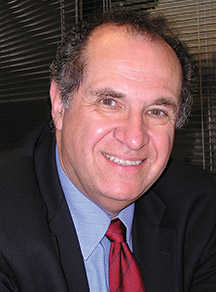Look, up in the sky, is it a bird? Is it a plane? No … it’s Superbug? Unlike the super hero, Superman, Kryptonite is not going to suck the power from a powerful bacterium that has the potential of spreading quickly with uncertain health consequences if not controlled. The bad news is, while Kryptonite obviously won’t work in bringing this bug to its knees, neither will the scores of powerful antibiotic drugs developed over the last half decade. You see, despite the dire warnings by the pharmaceutical and medical communities, as well as dozens of healthcare organizations, the overuse of antibiotics to treat misdiagnosed medical conditions, or diseases that they already knew antibiotics were useless against, has successfully managed to run effective drugs in the antibiotic toolbox dry.
The latest bacterium with an “S” on its chest is fairly common to the medical community, human E coli. Until now the medical community had one potent antibiotic in its arsenal for the most resistant bacteria, colistin. The U.S. Military HIV Research Program (MHRP) in Silver Spring, Maryland, reports that the Multidrug Resistant Organism Repository and Surveillance Network (MRSN) at the Walter Reed Army Institute of Research has discovered a transferrable gene for colistin resistance in the U.S. that may herald the emergence of truly “pan-drug resistant bacteria.”
According to MHRP, warning bells originally sounded in 2015 when the first transferrable gene for colistin resistance was discovered in China. This was certainly a wake-up call for the global health community. It began a program of monitoring and searching for the occurrence of this gene in the food supply and in humans. Until recently, it was only reported in Europe and Canada; but now it’s in our backyard… more specifically, Pennsylvania. A sample was recently obtained from a patient diagnosed with a UTI. When tested, the results showed that no safe dosage of colistin would be effective in treating such a bacterial infection. For obvious reasons, researchers are deeply disturbed by the findings and an urgent public health response was launched.
This is another example of warnings going unheeded in the medical community. In their zest to “heal” patients quickly, many physicians and other health care professionals with prescribing authority ignored tomes of literature about overuse of antibiotics. Many were also pressured by patients or their caregivers to give antibiotics for a quick cure. I guess they all incorrectly thought the evolution of a superbug was simply science fiction and could never happen in the U.S.
Well, they were wrong.







COMMENTS
Thank you for your message!